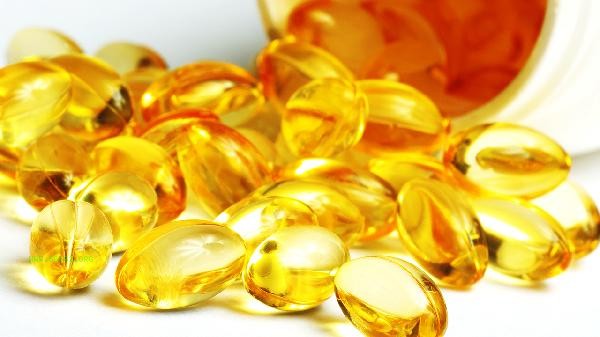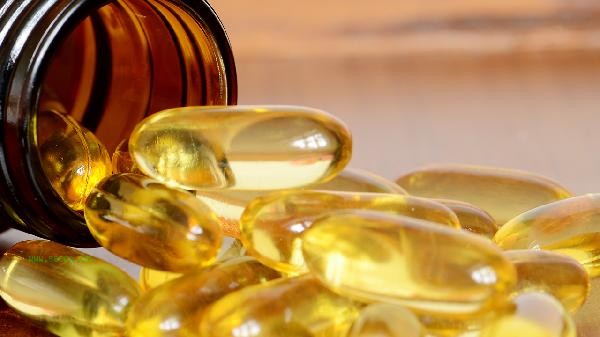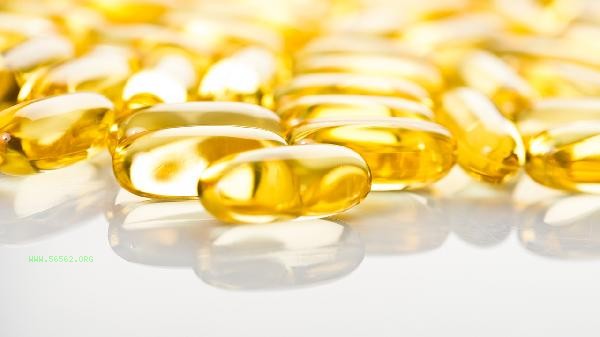During dieting and weight loss, it is recommended to focus on supplementing with vitamin B, vitamin D, vitamin C, vitamin E, and vitamin K. These vitamins help maintain metabolic balance, enhance immunity, and prevent malnutrition.

1. Vitamin B family:
Vitamins B1, B2, B6, etc. are involved in carbohydrate and fat metabolism, and long-term low calorie diets can easily lead to deficiencies. Whole grains, lean meat, and legumes are rich in B vitamins, but when intake is insufficient during dieting, a combination of B vitamins can be chosen as a supplement. Lack may cause symptoms such as fatigue and oral ulcers.
2. Vitamin D:
Restricting fat intake may affect the absorption of fat soluble vitamin D. This vitamin regulates calcium and phosphorus metabolism, and a deficiency may lead to a decrease in bone density. Sun exposure for 15 minutes 2-3 times a week or supplementing with 400-800IU of vitamin D can meet the needs, and deep-sea fish and egg yolks are also natural sources.
3. Vitamin C:

As a water-soluble antioxidant, vitamin C can reduce oxidative stress during weight loss. Citrus fruits, broccoli, etc. are the main dietary sources, but it is recommended to supplement 100-200mg daily when strictly controlling the diet. Lack may lead to delayed wound healing and weakened immunity.
4. Vitamin E:
has a protective effect on cell membranes and is abundant in nuts and vegetable oils. Dieters need 15mg per day, and may experience neuromuscular symptoms when lacking it. Choosing supplements containing natural tocopherols is easier for the human body to utilize.
5. Vitamin K:
is involved in coagulation and bone health, and green leafy vegetables are its best source. Individuals with long-term insufficient vegetable intake should pay attention to supplementation, and the recommended daily intake for adults is 90-120 μ g. Synergistic effect with vitamin D can optimize calcium absorption.

It is recommended to prioritize meeting nutritional needs through dietary diversification, with 300-500 grams of dark vegetables per day and whole grains accounting for more than one-third of the staple food. When choosing a multivitamin supplement, pay attention to the rationality of dosage and avoid excessive accumulation of fat soluble vitamins. While regularly monitoring weight changes, it is recommended to check serum vitamin levels every 3 months. Timely supplementation of vitamin rich fruits such as kiwi or strawberry after exercise can restore electrolytes and enhance antioxidant capacity. When cooking, low-temperature quick stir frying is used to maximize the retention of vitamin content in the food.




Comments (0)
Leave a Comment
No comments yet
Be the first to share your thoughts!